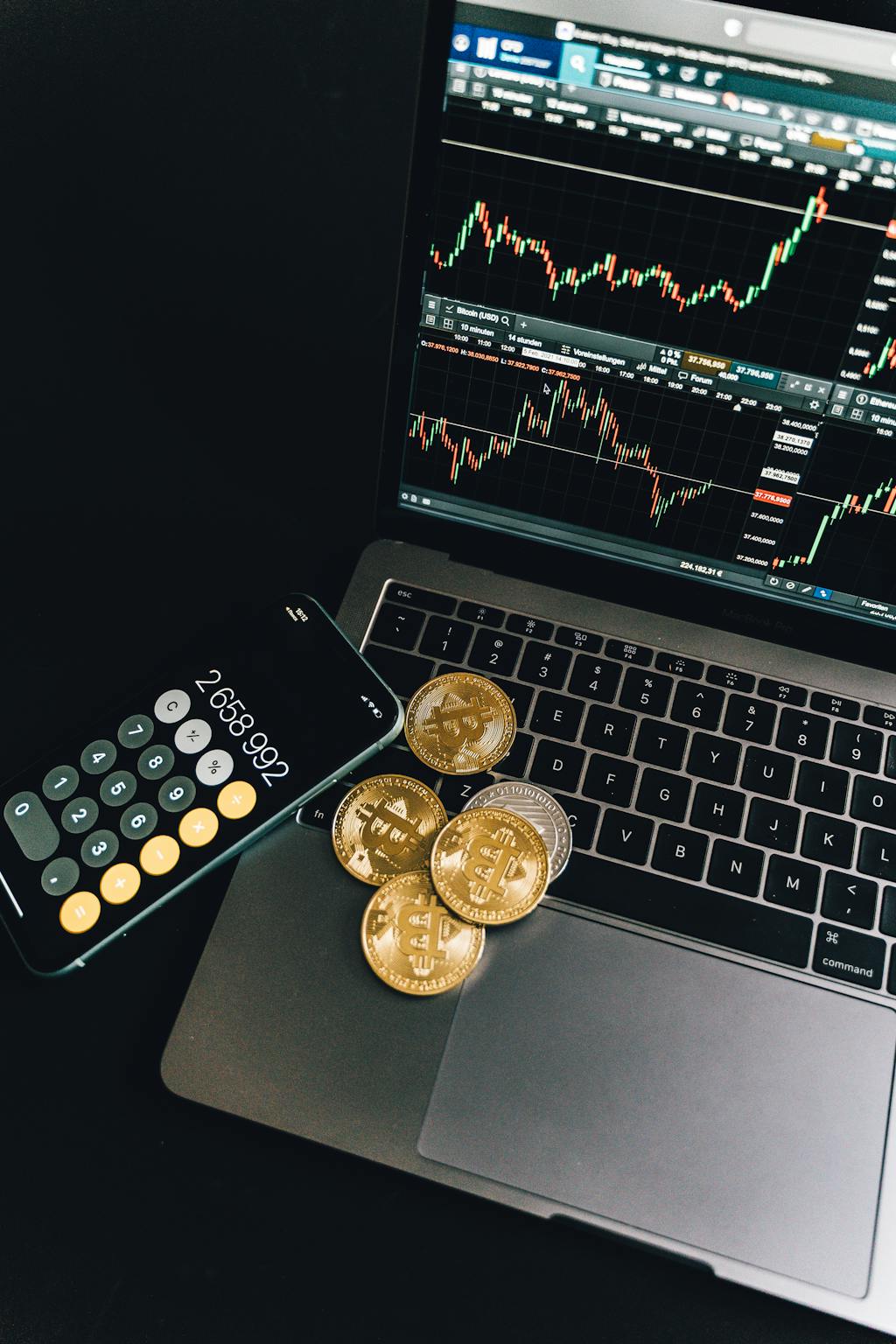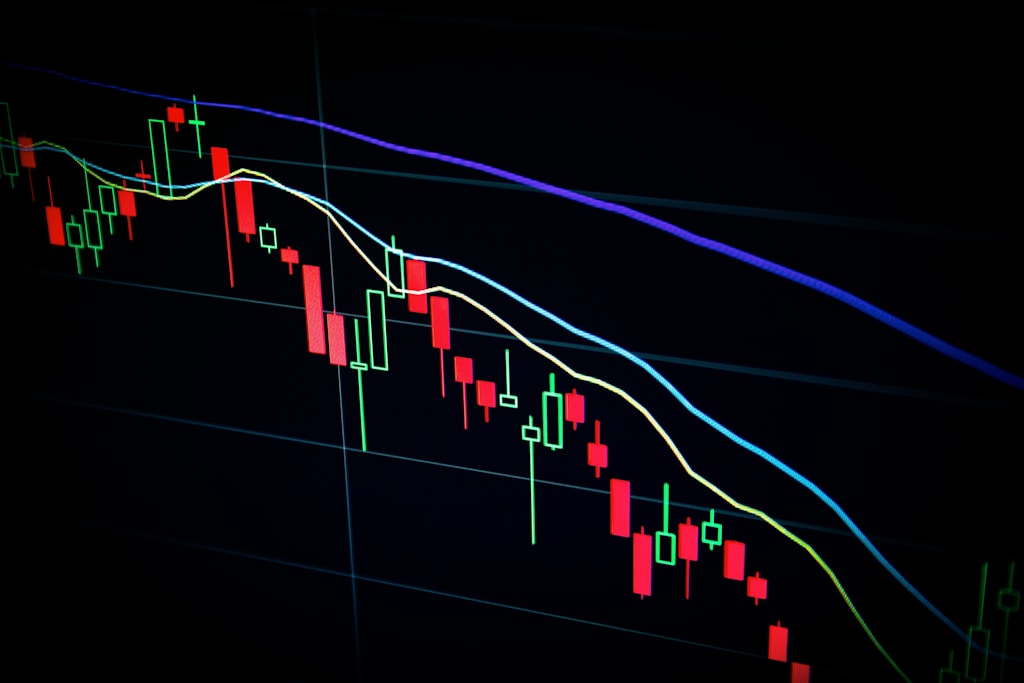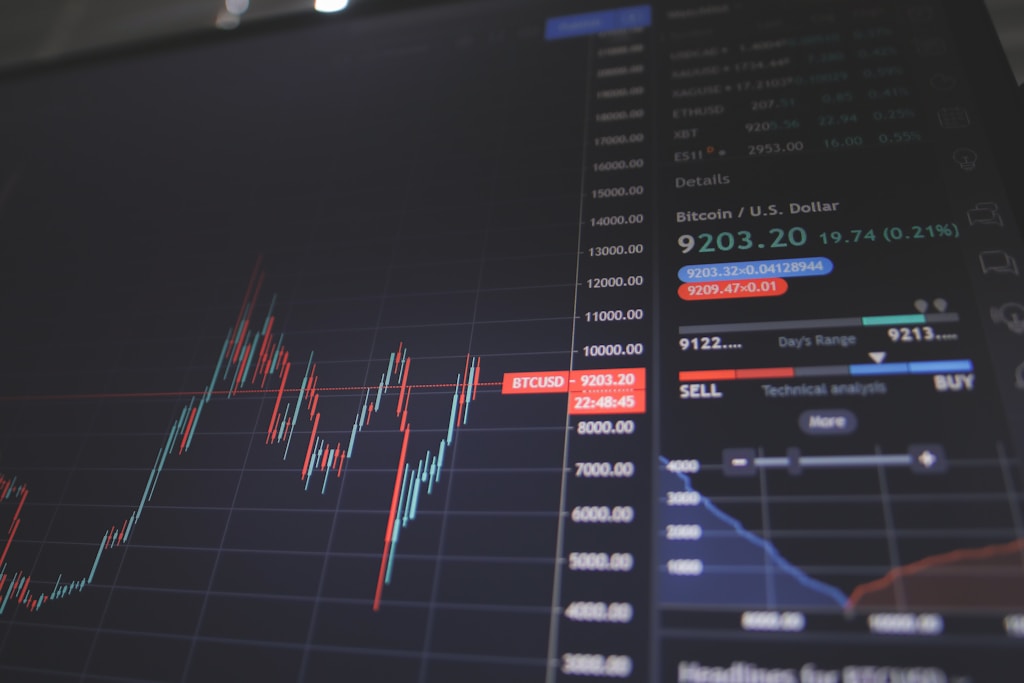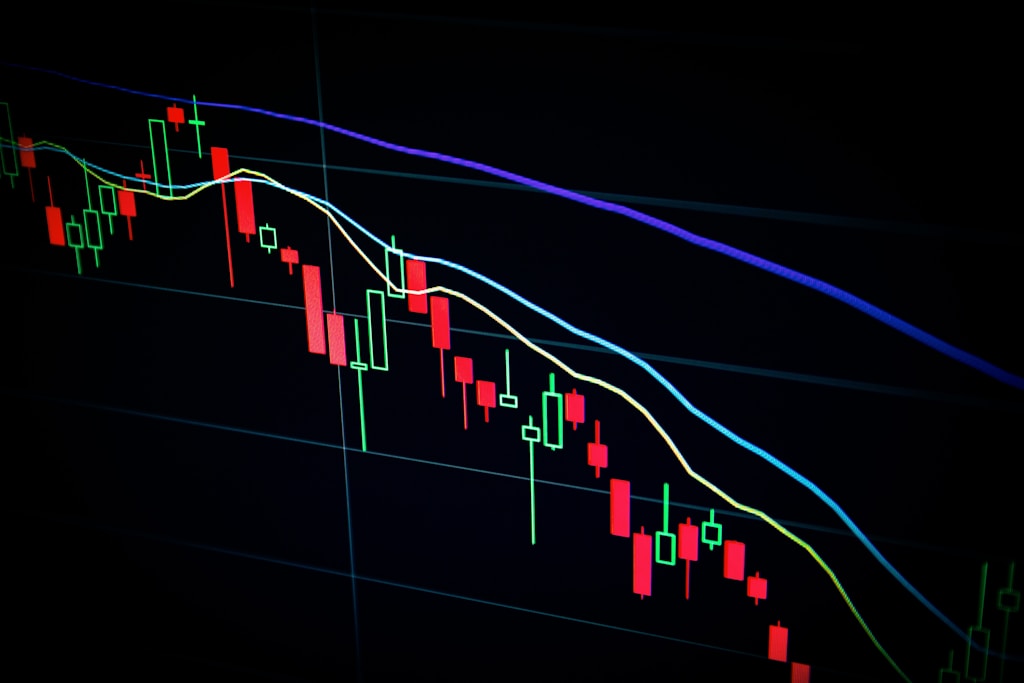Key Takeaways:
- Franklin Templeton debuts second-by-second yield calculation system on blockchain
- Patent-pending ‘Intraday Yield’ feature launches on Benji Technology Platform
- Innovation enables real-time proportional yield distribution for tokenized securities
Global investment giant Franklin Templeton has unveiled a groundbreaking blockchain-based feature that revolutionizes how investment yields are calculated and distributed in the digital asset space. This development comes as traditional finance continues to embrace blockchain technology, following the SEC’s recent supportive stance on DeFi innovation.
Understanding Franklin Templeton’s Blockchain Innovation
The new ‘Intraday Yield’ feature, implemented on the firm’s Benji Technology Platform, represents a significant advancement in tokenized security management. This patent-pending system calculates and distributes investment yields on a second-by-second basis, ensuring precise and fair allocation when tokenized securities change hands.
Impact on Traditional Finance
This development marks a significant step in the convergence of traditional finance and blockchain technology. The system’s ability to handle real-time yield calculations could set new standards for efficiency and transparency in financial markets.
Technical Implementation
The Benji Technology Platform leverages blockchain’s inherent capabilities to:
- Calculate yields with microsecond precision
- Automate distribution processes
- Ensure transparent record-keeping
- Reduce operational overhead
Market Implications
Franklin Templeton’s innovation could catalyze broader adoption of blockchain technology in traditional finance, potentially leading to:
- Increased efficiency in yield distribution
- Enhanced transparency for investors
- Reduced operational costs
- Better yield tracking capabilities
Frequently Asked Questions
What is Intraday Yield calculation?
Intraday Yield calculation is a method of computing investment returns on a continuous basis throughout the trading day, rather than at fixed intervals.
How does blockchain improve yield distribution?
Blockchain technology enables automated, transparent, and instant yield calculations and distributions, reducing manual processes and potential errors.
What impact will this have on investors?
Investors can expect more accurate yield calculations, faster distributions, and improved transparency in their investment returns.






